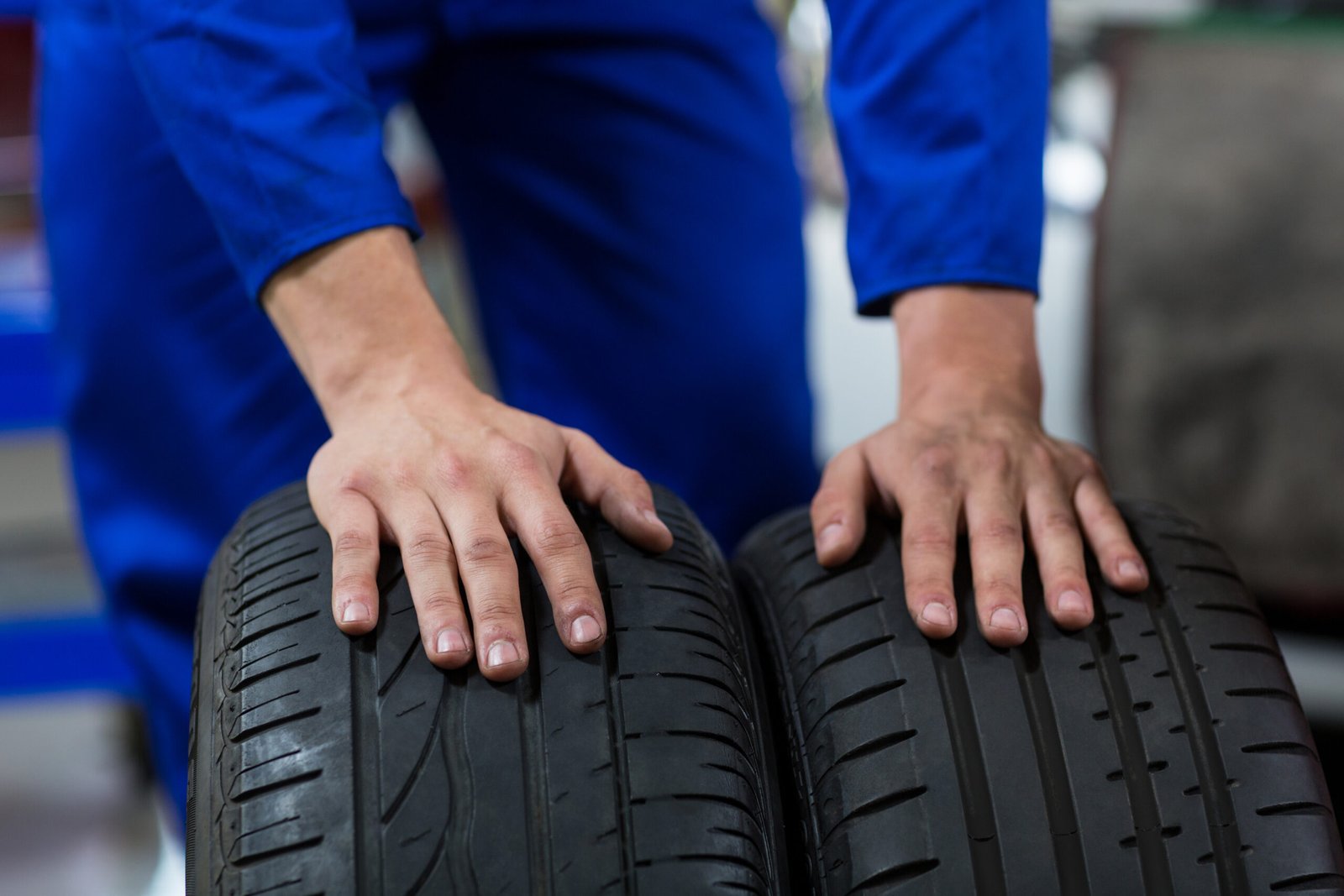Nylon or Radial: Which Tyre is Right for Your Truck?

If you own a truck, you already know tyres aren’t just rubber—they’re the backbone of your business. The right tyre keeps your vehicle safe, cuts down running costs, and even decides how long you can stay on the road without trouble. When it comes to truck tyres, the big question is always the same: nylon (bias-ply) or radial? Let’s break it down in plain language so you can make the best choice for your truck.
How They’re Built
- Nylon (Bias-ply) Tyres: These are made with nylon plies that crisscross each other at angles of 30–45°. This gives them a stiff, reinforced body that runs straight from tread to sidewall.
- Radial Tyres: Here, the plies run at 90° to the tread, supported by steel belts. This creates a flexible sidewall and a broader footprint, meaning more contact with the road.
That one difference in design changes everything about how they perform.
Why Radials Dominate Today
Fuel and Mileage: Radial tyres have lower rolling resistance, which means your truck uses less fuel. On long highway drives, this could cut fuel costs by 4–10%—a huge saving when diesel is one of your biggest expenses.
Longer Life: Because of even pressure distribution, radials wear out slower and last longer. They might cost more upfront, but they stretch your rupee further over time.
Comfort and Safety: A flexible sidewall absorbs bumps and potholes better, making rides smoother for the driver. They also run cooler, reducing the risk of blowouts on hot roads or long hauls.
Best For: Highway driving, long-distance trucking, or mixed city-highway routes where efficiency, comfort, and tyre life are top priorities.
Where Nylon Still Wins
Strength: Thanks to their rigid sidewalls, nylon tyres can carry very heavy loads without giving in. They’re also less likely to get damaged on rocky or uneven terrain.
Toughness: If your truck often goes off-road—think construction sites, mines, or villages with rough roads—nylon tyres can take the beating better than radials.
Lower Cost: Nylon tyres are cheaper at the start, which can be appealing if you’re looking to keep initial costs down.
Best For: Heavy cargo trucks, off-road use, or routes with poor road conditions where strength matters more than fuel efficiency.
Making the Right Choice
So which tyre should you pick? It really depends on your work.
- If your truck spends most of its life on highways or in cities, radial tyres are the smarter long-term investment. You’ll save on fuel, enjoy longer tyre life, and reduce downtime.
- If your truck hauls massive loads or frequently runs through rough terrain, nylon tyres give you the strength and durability you need.
Pro Tip: Always check your truck manufacturer’s recommendation before buying. A tyre expert can also help you balance your route profile, load, and budget with the right choice.
The Bottom Line
For most modern trucking needs, radial tyres come out on top. They’re more fuel-efficient, comfortable, and last longer—making them ideal for everyday commercial use. But nylon tyres aren’t obsolete; they remain the reliable workhorse when you’re tackling tough roads and heavy-duty tasks.
At the end of the day, the right tyre is the one that matches your truck’s job. Know your routes, know your loads, and you’ll know your tyres.
